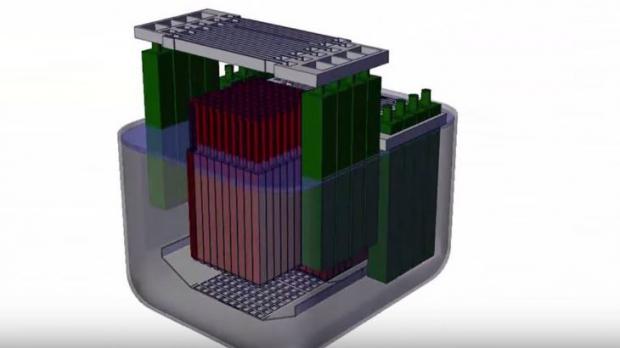
Breaking News
 Closing in on How Charlie Kirk Was Assassinated
Closing in on How Charlie Kirk Was Assassinated
 Here's a little song I just wrote. Dedicated to Al Gore.
Here's a little song I just wrote. Dedicated to Al Gore.
 Judge Blocks Executive Order Tightening Voter-registration Requirements
Judge Blocks Executive Order Tightening Voter-registration Requirements
 ALEX JONES' EXCLUSIVE EPSTEIN DOJ MEGA DOCUMENT DUMP ANALYSIS:
ALEX JONES' EXCLUSIVE EPSTEIN DOJ MEGA DOCUMENT DUMP ANALYSIS:
Top Tech News
 Critical Linux Warning: 800,000 Devices Are EXPOSED
Critical Linux Warning: 800,000 Devices Are EXPOSED
 'Brave New World': IVF Company's Eugenics Tool Lets Couples Pick 'Best' Baby, Di
'Brave New World': IVF Company's Eugenics Tool Lets Couples Pick 'Best' Baby, Di
 The smartphone just fired a warning shot at the camera industry.
The smartphone just fired a warning shot at the camera industry.
 A revolutionary breakthrough in dental science is changing how we fight tooth decay
A revolutionary breakthrough in dental science is changing how we fight tooth decay
 Docan Energy "Panda": 32kWh for $2,530!
Docan Energy "Panda": 32kWh for $2,530!
 Rugged phone with multi-day battery life doubles as a 1080p projector
Rugged phone with multi-day battery life doubles as a 1080p projector
 4 Sisters Invent Electric Tractor with Mom and Dad and it's Selling in 5 Countries
4 Sisters Invent Electric Tractor with Mom and Dad and it's Selling in 5 Countries
 Lab–grown LIFE takes a major step forward – as scientists use AI to create a virus never seen be
Lab–grown LIFE takes a major step forward – as scientists use AI to create a virus never seen be
 New Electric 'Donut Motor' Makes 856 HP but Weighs Just 88 Pounds
New Electric 'Donut Motor' Makes 856 HP but Weighs Just 88 Pounds
 Donut Lab Says It Cracked Solid-State Batteries. Experts Have Questions.
Donut Lab Says It Cracked Solid-State Batteries. Experts Have Questions.
Moltex Nuclear Would Work in a World With Abundant Solar Energy

SSR (Stable Salt Reactor) will meet the cost objective, comfortably, through intrinsic safety and simplicity.
From over 90 applications, New Brunswick Power selected the Moltex Stable Salt Reactor – Wasteburner (SSR-W) as one of two reactors it intends to build at the Point Lepreau site. Moltex has completed the submission to Vendor Design Review phase 1 (VDR1) with the Canadian Nuclear Safety Commission, Moltex will soon move on to VDR2 and then to the application for the necessary licenses. Moltex is on track to having an operational reactor by 2030.
In November, 2020, Moltex Energy signed a Memorandum of Understanding (MOU) with NB Power and ARC Canada to work collaboratively to find synergies by establishing a small modular reactor vendor cluster in New Brunswick.
Moltex is developing a 300 MW reactor that is fueled by recycled nuclear waste, contributing to clean energy targets and reducing legacy waste. In tandem, it is developing energy storage technology so its reactor can be used as a 900 MW peaking plant, to complement intermittent renewable energy sources.
"Static" molten salts in fuel pins was rejected by ORNL because convection of fluids would be unreliable in an aircraft due to gravity's impact on reactor being variable during flight.



